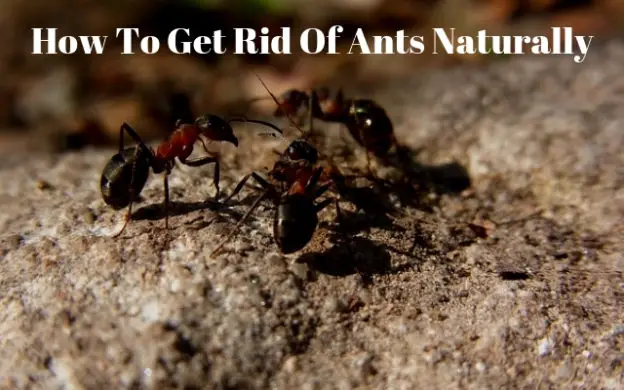Ants are fascinating creatures, They can carry 20 times their own body weight, They farm other insects for food and they are excellent trackers. Unfortunately they can be considered to be pests to us humans. As an organic gardener, I try to keep away from chemicals so let’s get into how to get rid of ants naturally.
One of the best reasons I can think of to keep ants away from your garden is that they actively
introduce, and protect aphids onto your plants. Aphids produce as a waste product a sweet sticky substance called honey dew and ants feed on this honey dew. So ant colonies protect aphids from their predators, move aphids on to new plants and store aphid eggs in their nests to over winter.
On the plus side, ants aerate the soil through their tunnelling, save seed in their nests, prey on certain insects, and act as food for numerous birds and insects. If the ant population is not very high in your garden my advice would be to ignore them. It’s only when there are so many that you see them constantly or you witness them moving aphids about that you need to take action.
Home Remedies To Get Rid Of Ants
Most people have a home remedy to get rid of ants and please feel free to add yours in the comments below. Here are the top 10 home remedies to get rid of ants naturally.
Method #1 Diatomaceous Earth And Ants
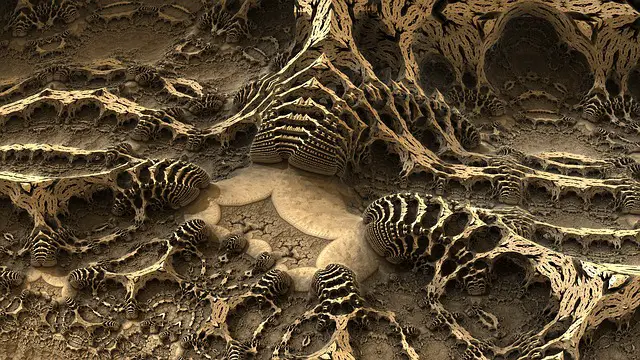
Diatomaceous Earth is composed of fossilised sea creatures that have been crushed to a microscopic size. It works by piercing the ants soft shell and messing with their water levels, the ants die of dehydration.
The ants have to come into direct contact with diatomaceous earth and it has to remain dry to to be effective.
Be sure to use food grade diatomaceous earth which is safe for consumption by humans and animals. Spread the diatomaceous earth along the ants trails and let it do it’s stuff. Remember to replace after rain and only apply after you have finished watering. Never inhale the dust when applying to the soil.
According to the Canadian Government diatomaceous earth is “non toxic to humans and pets”
Health Canada
Diatomaceous earth can be placed in cracks and crevices as a non-chemical means of control. This powder is made up of crushed microscopic marine fossils that scratch the outer “skin” of ants, causing them to dehydrate and die. Diatomaceous earth will remain active as long as it is kept dry. It is non-toxic to humans and pets, but be careful not to inhale the dust when applying this product.
Method #2 Cinnamon And Ants
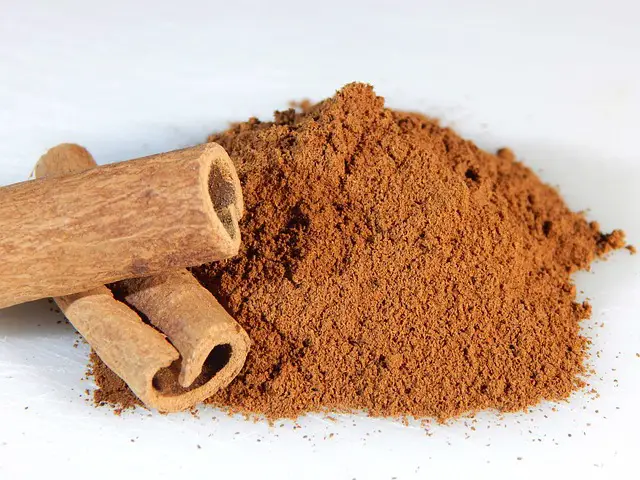
There have been some claims that cinnamon doesn’t get rid of ants but I dispute those claims. Having used cinnamon and better still cinnamon essential oil, I can categorically confirm it does get rid of ants! Spread the cinnamon powder or drop some essential oils along the ants trail.
The strong aroma of the cinnamon will disrupt the smell left behind to mark the ants route. This is not fatal to the ants but will disrupt their food supply. If their routes are disrupted well enough they will go else where and leave your garden in peace.
Method #3 Icing Sugar And Baking Powder And Ants
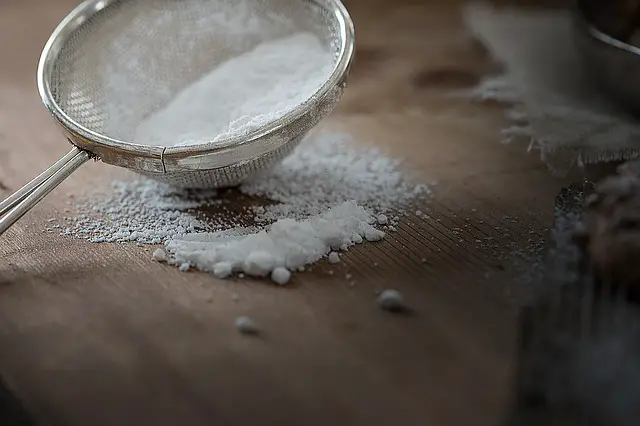
Mix equal quantities of Icing sugar (powdered sugar) and baking powder and place close to ants nest or along their known routes. The sugar attracts then and once they consume the mixture the baking powder causes their stomachs to explode. A harsh but effective way to get rid of ants naturally and without harming the environment or other animals.
Method #4 Peppermint And Ants
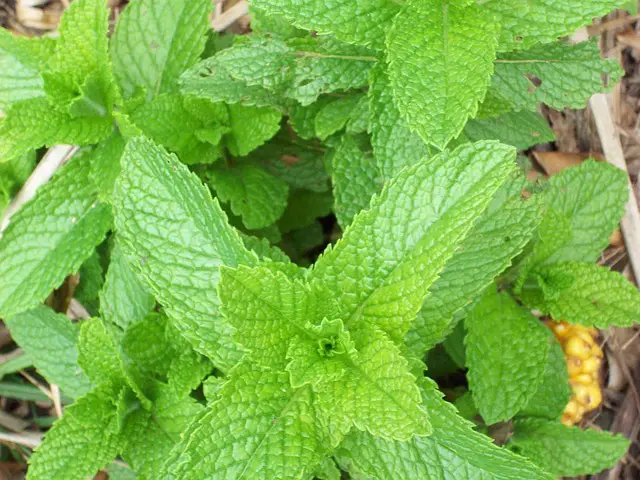
Ants detest mint, so either grow plenty of mint around your garden or spread cuttings around. It’s always best to grow mint in containers as it will spread beyond control otherwise. I have had the best results with peppermint but if you don’t have peppermint any mint will do.
Peppermint essential oil dripped around the garden or in particular around ant nests, will make them move on. Spread all along their trails and watch them disperse. Reuse after rain as oils will wash away after rain.
Method #5 Vinegar And Ants
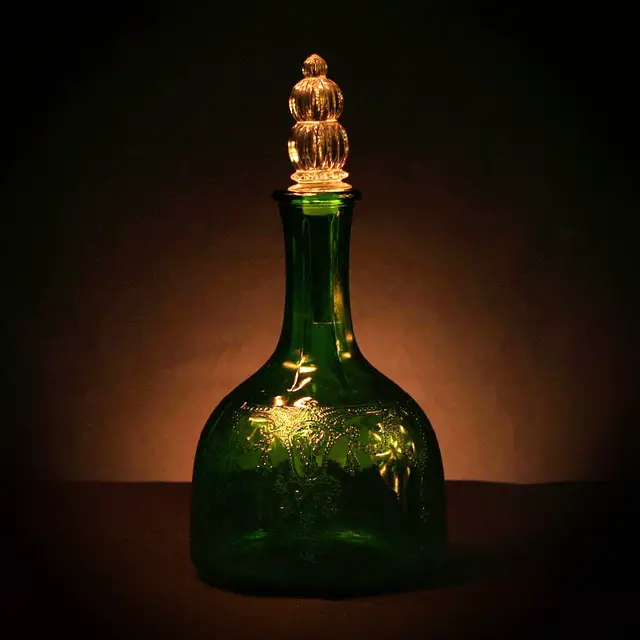
Vinegar is another smell that ants can’t stand, spray their trails and around their nests to get them to move on. I always dilute vinegar 50/50 with water because if left at full strength, vinegar can kill some plants. The strong smell of vinegar will also confuse the ants and they won’t be able to locate their trails.
Method #6 Lemons And Ants
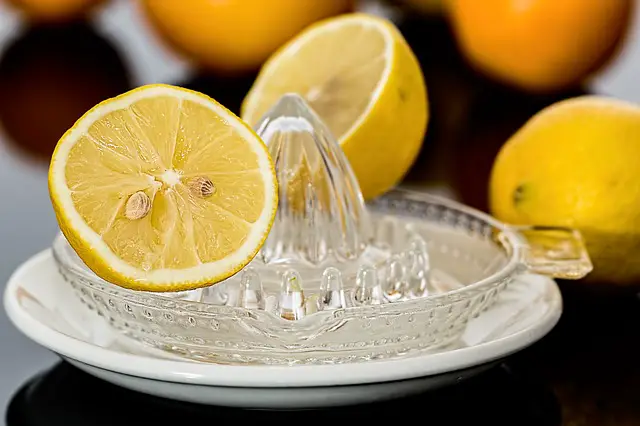
The smell of lemons confuses the ants as they can no longer smell their trail. This will not kill the ants but it will send them away from your garden. You can make a spray by squeezing lemon juice into a spray bottle and filling with water.
Try spreading lemon peel (and/or orange, grapefruit in fact any citrus) around the garden paying particular attention to the ant trails. Lemon essential oil can also be used in the same way as with the peppermint oil.
Method #7 Citrus Peel Spray And Ants
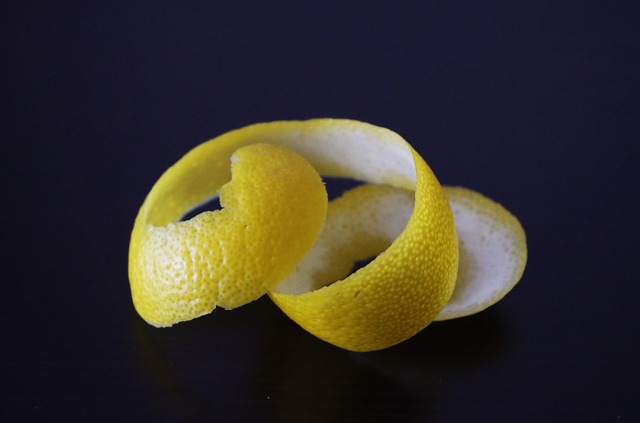
Put orange, lemon, or grapefruit peel into a blender and strain the liquid into a spray bottle. Fill the bottle with water and spray along the ant trail. Again the citrus spray will not kill the ants but will confuse them and get them to move elsewhere.
Method #8 Essential oils And Ants
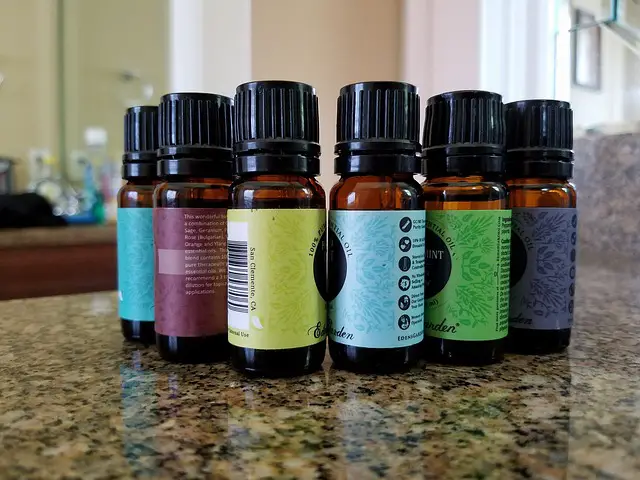
I have touched on this above but there are many essential oils that will help to get rid of ants. You can choose from:-
- Peppermint Oil
- Tea Tree Oil
- Lemon Oil
- Bergamot Oil
- Grapefruit Oil
- Clove Oil
Or you can mix them together and add to a spray bottle, fill with water and spray along the ants trails. This will take their scent away and the ants will go somewhere else. Essential oils will not harm other animals and will also need respraying after rain.
Method #9 Coffee Grounds And Ants

If you don’t grind your own coffee beans, ask at a local cafe, most will be only too pleased to give them to you. Spread the coffee grounds around your garden or at least around the ant trails. The smell from the coffee grounds repels ants, and is also good for the soil an added bonus.
Cats are also repelled by coffee grounds so it’s worth finding a source of coffee grounds to help to get rid of pests naturally. They are a waste product from the food industry, that not only repels pests but also improves your soil.
Method #10 Cucumber And Ants
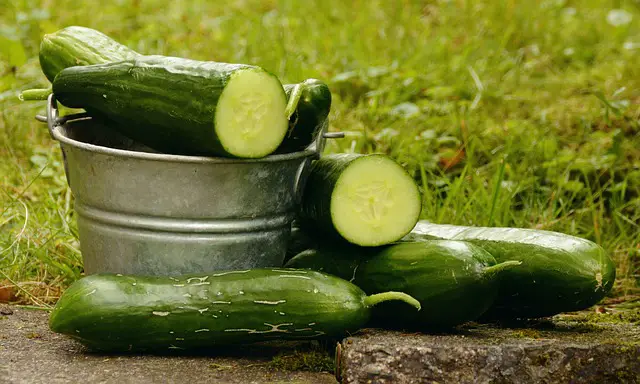
Cucumbers contain a compound called trans-2-nonenal which has been scientifically proven to repel ants.
This compound eliminates the fungus that ants feed on to supplement their diets and this is the probable reason for them taking their leave.
By spreading pieces of cucumber or cucumber skin along the ants trails you will send them on their way. According to some reports bitter cucumber is more effective than standard cucumbers. This method needs replacing regularly and is not advisable if you have a rodent problem.
Borax And Ants
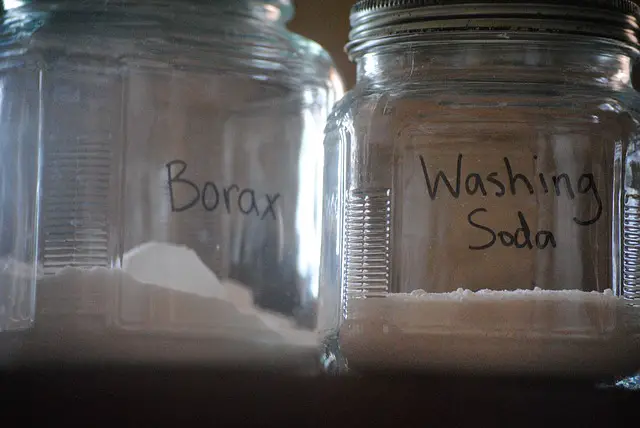
Borax is a naturally occurring mineral found in many places throughout the world. It is used in the manufacture of laundry and cleaning products. Mix Borax with sugar and dilute in warm water, Then soak cotton wool balls and place them near the ants nest. The sugar will attract the ants and the borax kills them.
Although it is a natural compound there have been some scientific reports that borax is harmful to humans. It can cause respiratory and skin irritation if consumed in large enough quantities according to the Royal Society Of Chemistry. The European chemicals agency have added it to their list of harmful substances.
In the UK borax is still used in the cleaning industry and for making detergents but is now banned from all food products. This is because when consumed it turns into boric acid which has been known to cause problems in humans. Problems ranging from mild skin irritations to headaches and in extreme cases kidney failure.
For this reason, although it is a natural product I would never use it in my garden or in an area where I am growing food.
How To Get Rid Of Ants Outside
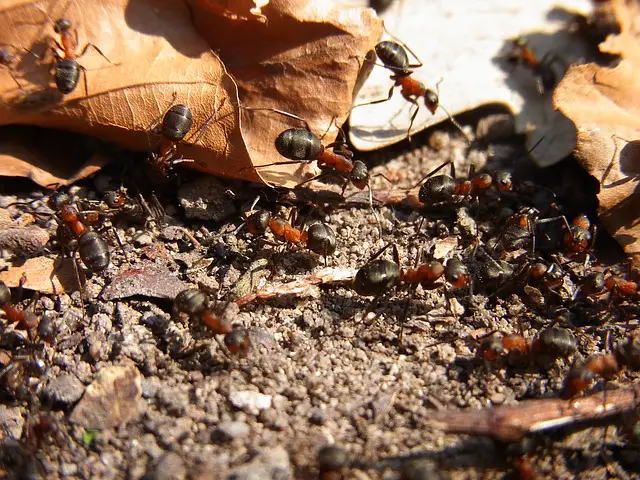
All of the above will get rid of ants outside but some are more effective than others. The diatomaceous earth and the baking powder and icing sugar are the best in my opinion. This is because they actually kill the ants so the results can be seen almost immediately.
As for the borax I don’t like to use it as per the reasons above.
The rest are more humane but all are harmless to humans and animals so can all be used in a family garden. Before you turn to chemical pesticides that are indiscriminate try at least some of these natural methods.
How To Get Rid Of Ants In Grass
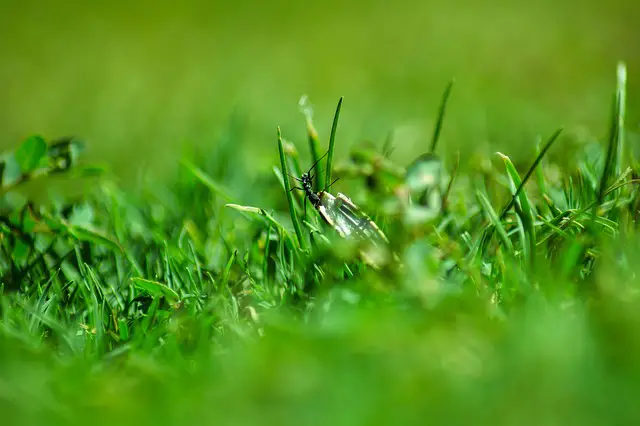
Using any of the above methods will get rid of ants in grass but the most effective is by using diatomaceous earth. This will get rid of the ants but will not damage your grass. Locate the nest hole by following the ant trail and pour the diatomaceous earth straight into the hole.
This will stop them from using this entrance and if any survive they will move on to easier terrain. I would advise you not to use vinegar in grass as vinegar kills plants and is an effective natural weed killer. But once again it is indiscriminate and will leave you with dead, brown patches in your lawn.
Does Salt Kill Ants?
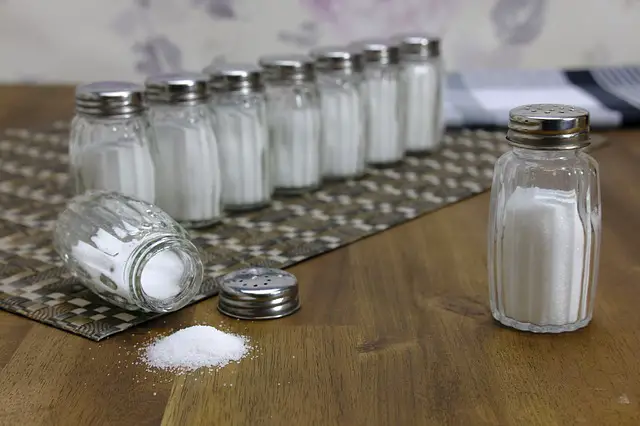
The jury is still out on this question, I would not recommend using salt in the garden. Salt can poison plants, so for this reason alone I would never use salt to kill ants. In ancient times the defending army used to salt the land before vacating it to stop the attacking force from growing or cultivating any food crops.
Some Facts About Ants
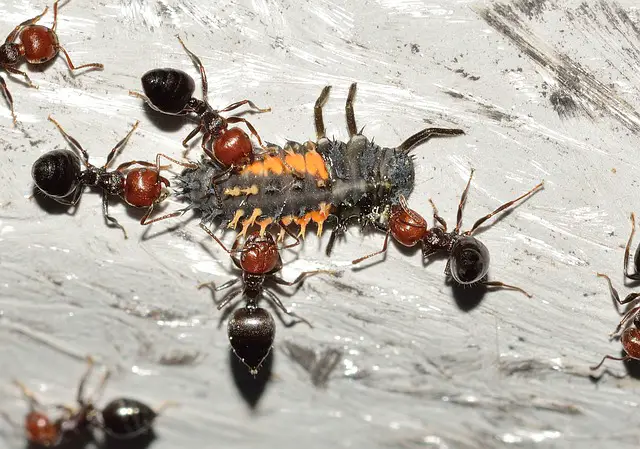
Ants can lift up to 20 times their own weight, they are social insects and live in huge colonies. They farm aphids for their sweet honey dew, and defend them against other predator insects. Ants use pheromones to mark their trails leading to food sources and back to the nest.
Ants are useful as they create underground air pockets which allow plants to breathe. They also eat dead insects and are in turn eaten by spiders, beetles, flies, frogs, some caterpillars and birds. They have a hard waterproof exoskeleton and do not need to rely on drinking water as they get moisture through their foods.
Along with honey dew, ants feed on nectar, fruit and dead insects. The average life expectancy of an ant is between 45-60 days and each colony has one queen whose sole job is to reproduce. The male ants all mate with the queen and only the males and the queen have wings, all the worker ants are wingless and female.

